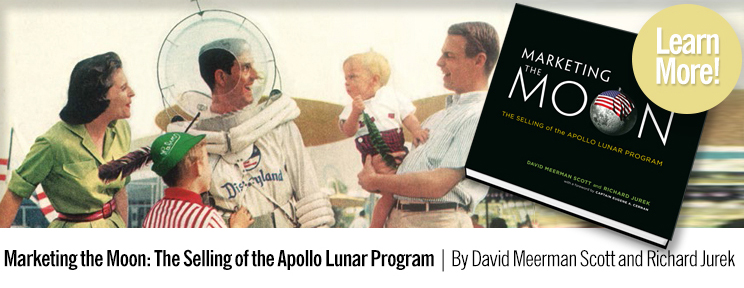 The March / April issue of Columbia Journalism Review contained a story about Kyle Chayka, a 26-year-old freelance journalist who makes his living writing for online publications.
The March / April issue of Columbia Journalism Review contained a story about Kyle Chayka, a 26-year-old freelance journalist who makes his living writing for online publications.
Survival strategies of an online freelancer is an interesting take on how an independent journalist can make a living writing for media outlets such as Gizmodo, The Daily Beast, and Pacific Standard.
But as I was reading, I was struck how Chayka and others like him miss the opportunity to write for publications outside of media companies. They limit their outlets (and income) by not considering content marketing as part of their writing portfolio.
It is a rare journalist who I meet who knows about brand journalism (although some do because my book The New Rules of Marketing and PR is taught in some J-schools).
How a Freelance Journalist Can Find More Work
So I wrote a letter to the editor that was featured in the May / June 2015 issue of Columbia Journalism Review. My letter follows:
Survival Guide
The tactics outlined (“Survival strategies of an online freelancer” March / April) only covered part of the marketplace for freelancers to make a living writing Web content. Missing was the tremendous opportunity openminded journalists have to write for corporations, nonprofits, government agencies, and educational institutions—what I’ve called “brand journalism” since I first wrote about this back in 2009.
A fascinating convergence is upon us as mainstream media outlets reduce staff journalists and cut freelance budgets. At the same time, many organizations are desperately seeking people to create interesting information online that serves to educate and inform consumers. People in companies now realize Web marketing success comes from creating content-rich websites, videos, podcasts, photos, charts, ebooks, white papers, and other valuable content. Which is where freelance journalists come in.

You went to J-school to learn how to tell a story in words and images. Yes, the employers who traditionally hired your skills are shrinking fast. But there is an entirely new world out there for you to consider.
I’m not talking about PR and media relations here. This isn’t about writing press releases and trying to get your former colleagues to write or broadcast about you. Nor am I advocating the old-school “advertorial” model. Instead, I’m talking about creating stories as you are now, but instead of a media company, you create content for the likes of the Alzheimer’s Association, IBM, or Whole Foods to appear on their blogs, websites, and in ebooks, videos and the like.
Most journalists I’ve spoken with have not seriously considered that there are tens of thousands of potential employers outside of media companies. You don’t need to compromise your integrity. You still tell stories. You still practice your craft. You still have followers who care about what you do. You still change people’s lives.
Examples of Brand Journalism
Here are a few blog posts to illustrate what I’m talking about. While these are examples of companies hiring full time journalists, the idea is the same with freelancers.
How Susan Christensen went from ten years as a newspaper feature writer to content writer at Methodist Rehabilitation Center.
How Raytheon implemented a brand journalism approach to content marketing
And for a how-to guide, check out Dan Moyle’s free ebook How I turned Journalism into an Inbound Marketing Career.
If you know an underemployed journalist, please send them a link to this post.

David Meerman Scott
David Meerman Scott is a business growth strategist, advisor to clever entrepreneurs who are building emerging companies, and the international bestselling author of a dozen books published in 30 languages. David’s high-energy keynote presentations, masterclasses, and virtual events educate, energize, and inspire.

 The March / April issue of
The March / April issue of 


















